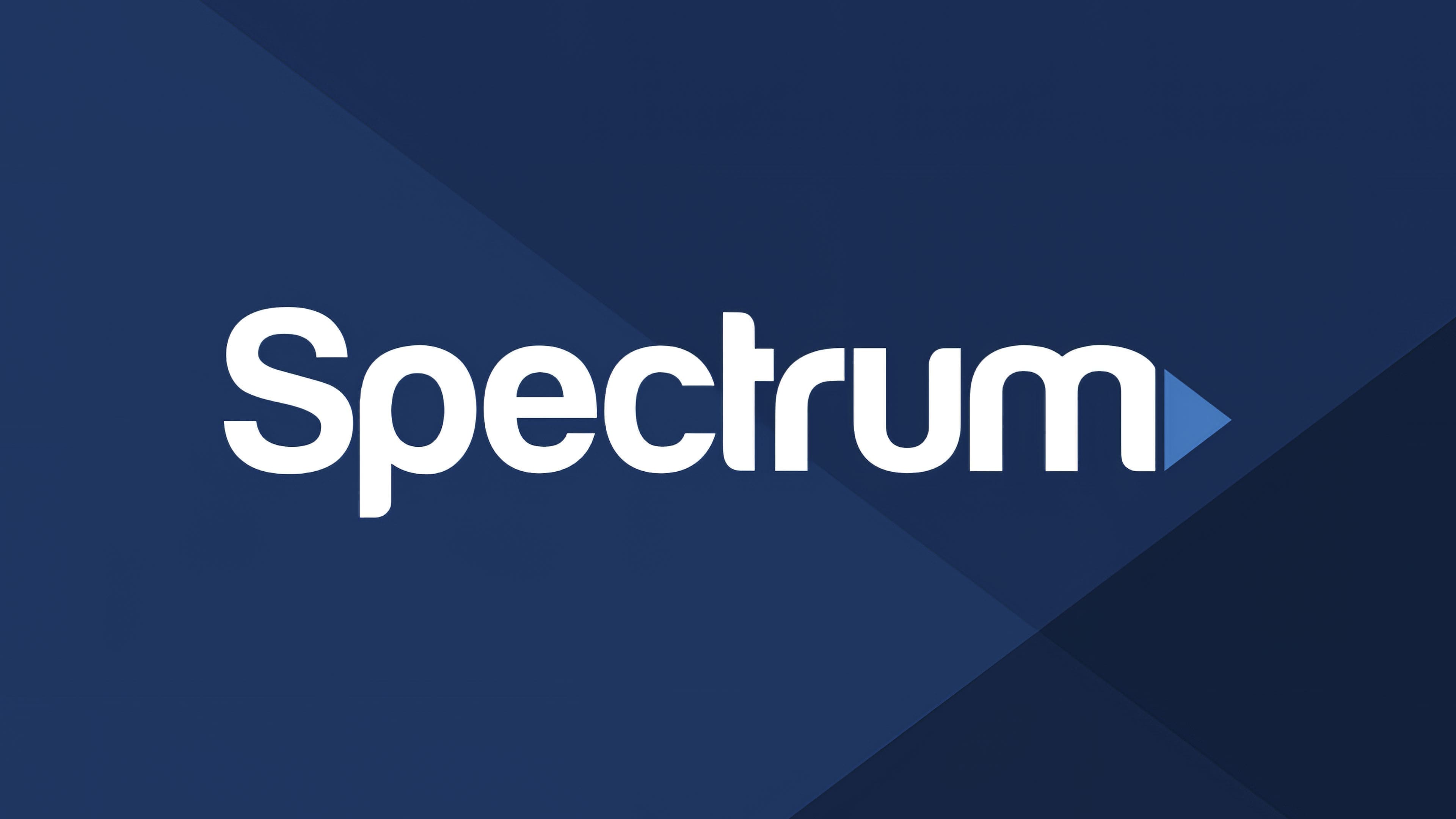Introduction
San Antonio’s city limits extend well beyond the urban core, covering suburban and rural areas that traditional broadband might not serve. In 2025, satellite internet from Viasat, HughesNet, and Starlink remains a lifeline for these communities. However, T-Mobile 5G home internet has emerged as a formidable rival when coverage is strong.
This article compares speeds, data caps, reliability, and practical usage insights, so you can pick the right option. Whether you’re living in the suburbs near Boerne’s 78015 ZIP code or deep in Bexar County, we’ll show how each provider measures up and how to order if you’re ready.
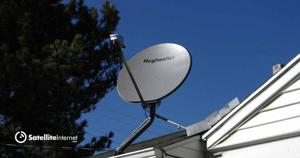
Above: A typical satellite dish installation from HughesNet. Proper alignment can reduce weather-related signal loss.
1. T-Mobile vs. Viasat: Speed & Reliability
T-Mobile 5G can outpace Viasat’s 12–150 Mbps range if you’re near a strong 5G tower, often hitting 72–415 Mbps. Latency is significantly lower (~30–40 ms) than Viasat (~600 ms), vital for streaming and gaming. Viasat remains pivotal for areas T-Mobile doesn’t cover, delivering moderate speeds in extremely remote locations.
Performance Snapshot
| Provider | Download Speeds | Latency | Reliability Rating |
|---|---|---|---|
| T-Mobile 5G | 72–415 Mbps | ~30–40 ms | 4.1/5 |
| Viasat | 12–150 Mbps | ~600 ms | 3.1/5 |
T-Mobile has unlimited data with no contract, whereas Viasat uses soft data caps and typically requires a 24-month commitment.
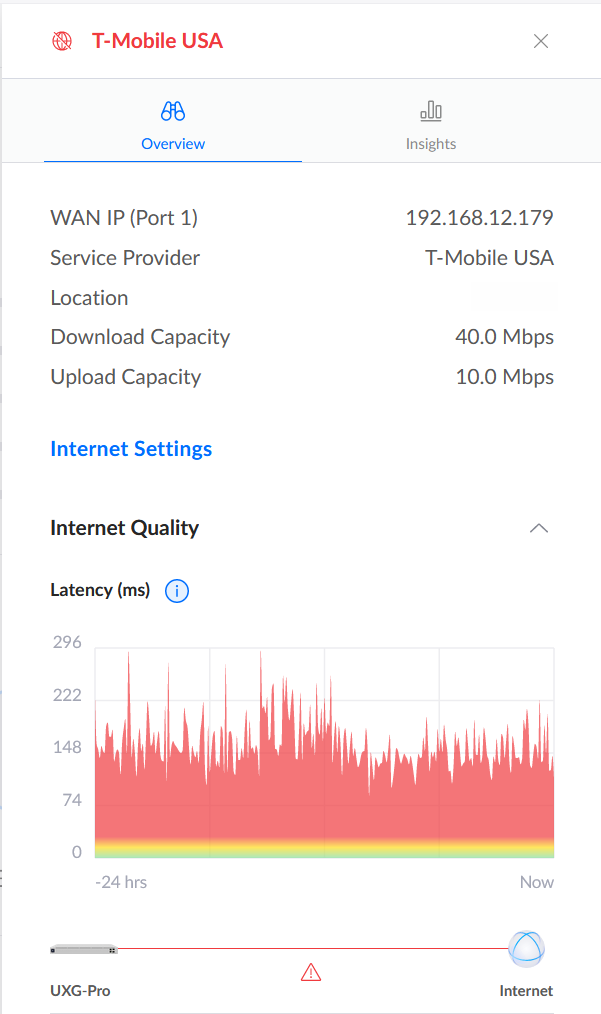
Above: A T-Mobile user’s real-world stats, showcasing higher speeds and lower latency than traditional satellite can offer.
2. Quick Overview Video
For a concise explanation of how 5G stacks up against satellite, watch the short video below:
3. Check Your Current Speed
Curious if your speeds meet your needs? Try our embedded test to see download, upload, and latency. If you’re falling short, it may be time to consider a new provider—be it T-Mobile 5G or a satellite plan.
4. Provider Comparison & How to Order
Below is a chart detailing monthly pricing, speed ranges, data policies, and direct links to sign up. Pick the one that fits your location and usage needs.
| Provider | Speed Range | Monthly Price | Data Policy | Contract | Order Link |
|---|---|---|---|---|---|
| T-Mobile 5G | 72–415 Mbps | $50–$70 | Unlimited | No contract | Order T-Mobile |
| Viasat | 12–150 Mbps | $69.99–$149.99 | Soft caps | 24 months | Order Viasat |
| HughesNet | 25 Mbps | $50–$150 | Soft caps | 24 months | Order HughesNet |
| Starlink | 50–200+ Mbps | ~$110–$140 | No official cap | Month-to-month | Order Starlink |
5. HughesNet: Simple & Widespread

HughesNet delivers 25 Mbps across all plans, with monthly data allotments determining when speeds drop. It’s a solid option for extremely rural spots lacking T-Mobile or other networks. Contracts usually last 24 months, and equipment leasing is common if you don’t buy the modem outright.
6. Starlink: Low-Earth Orbit Satellite
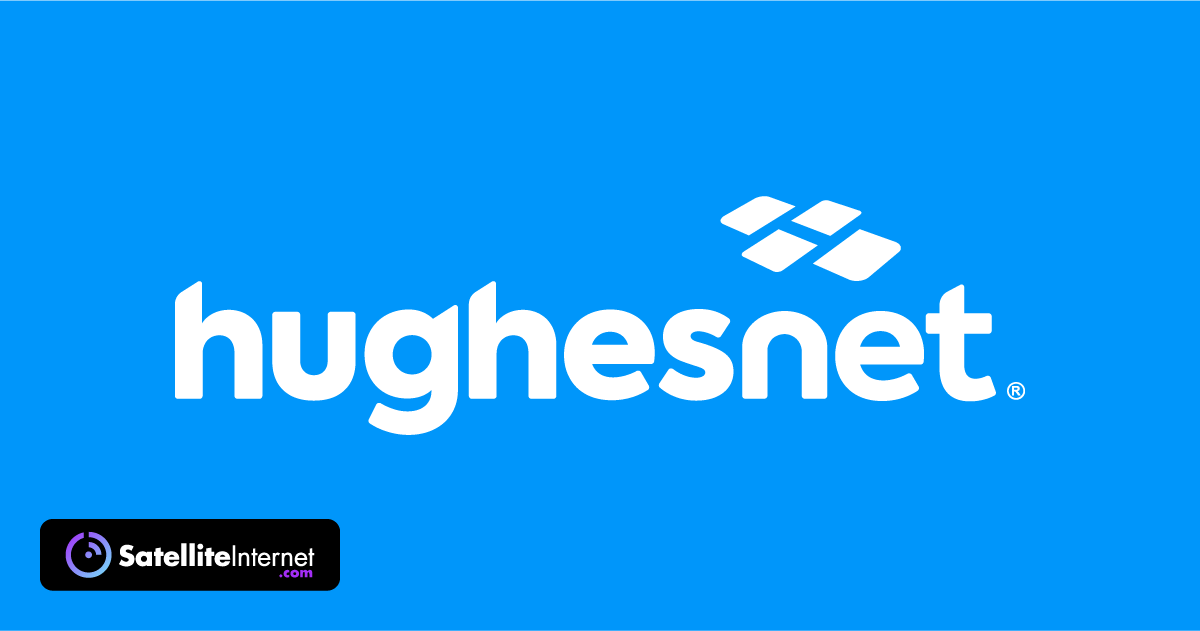
Though the image references HughesNet, it represents a dish setup concept. Starlink’s low-earth orbit approach can offer 50–200+ Mbps and around ~40–50 ms latency—great for gaming. It’s a month-to-month service, but you’ll pay roughly $599 for equipment. Coverage is expanding around San Antonio, so check availability to see if your address is out of waitlist status.
7. T-Mobile 5G: A Legitimate Rival
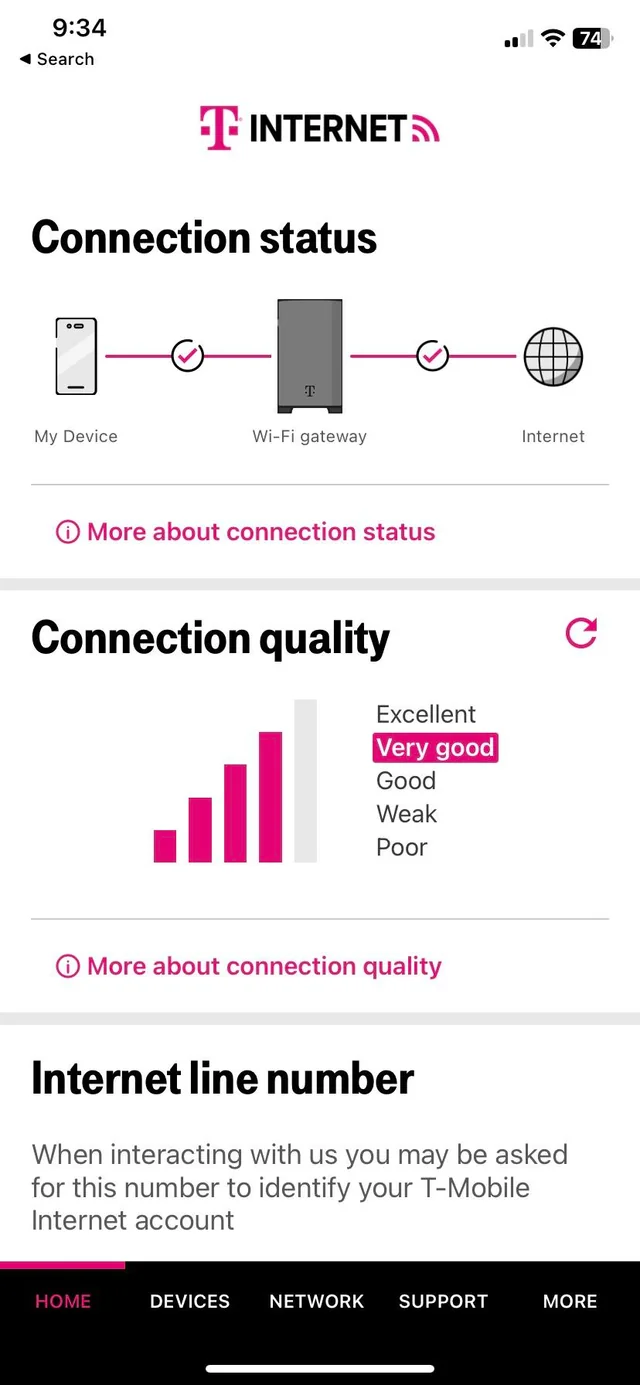
T-Mobile’s 5G home internet stands out with speeds up to 415 Mbps, unlimited data, and no contract. Many suburban areas or outskirts near San Antonio can benefit—assuming there’s a sufficiently strong tower signal. If so, you might see latency near 30–40 ms, perfect for high-quality streams or gaming.
8. Boerne (78015) & Other Outskirts
Boerne’s 78015 ZIP code features partial cable/fiber coverage, but many homes just outside city boundaries rely on satellite. T-Mobile 5G could still be an option if a tower covers your block. The same story applies to southwestern Bexar County, Von Ormy, or near Elmendorf—choose satellite if 5G isn’t strong, or T-Mobile if speeds test well.
Key Considerations
- Line-of-sight: Satellite requires a clear sky for best results
- 5G tower range: T-Mobile’s performance is tower-dependent
- Starlink expansions: Check if your area is off waitlist and can get LEO coverage
9. Weather & Latency Implications
Satellite signals can slow in heavy rain or storms, typical in some San Antonio seasons. Starlink’s LEO reduces latency to ~40 ms but is still weather-influenced. T-Mobile 5G coverage is less impacted by weather, though tower congestion can hamper speeds at busy times.
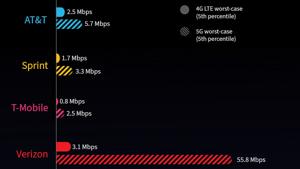
Above: Latency affects online gaming significantly. Traditional geostationary satellite can have ~600 ms pings, while T-Mobile or Starlink can be below 50 ms if coverage cooperates.
10. Data Caps & Plan Details
Soft Caps vs. Unlimited
Viasat and HughesNet both impose soft caps—speeds may reduce after you hit your priority data limit. Starlink has no official limit, while T-Mobile 5G is fully unlimited. Consider your household’s streaming habits before finalizing.
11. Conclusion & Next Steps
Satellite internet remains vital for rural and suburban corners of San Antonio, thanks to providers like Viasat, HughesNet, and Starlink. However, T-Mobile 5G can outperform them in both speed and latency if towers are within range. Ultimately, location dictates your best match.
Ready to order?
- Order T-Mobile 5G – Ideal if your address has strong 5G signal
- Order Viasat – Higher speed tiers among traditional satellites
- Order HughesNet – Simple 25 Mbps coverage for very remote areas
- Order Starlink – Near-cable speeds if coverage is active
For more specific neighborhood insights, check Boerne’s city page or run your ZIP through our coverage tool to see all local offerings.


